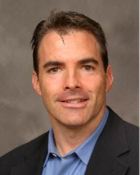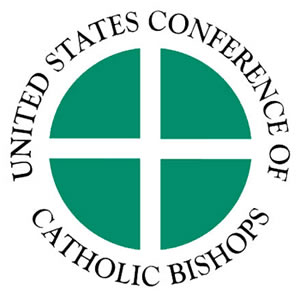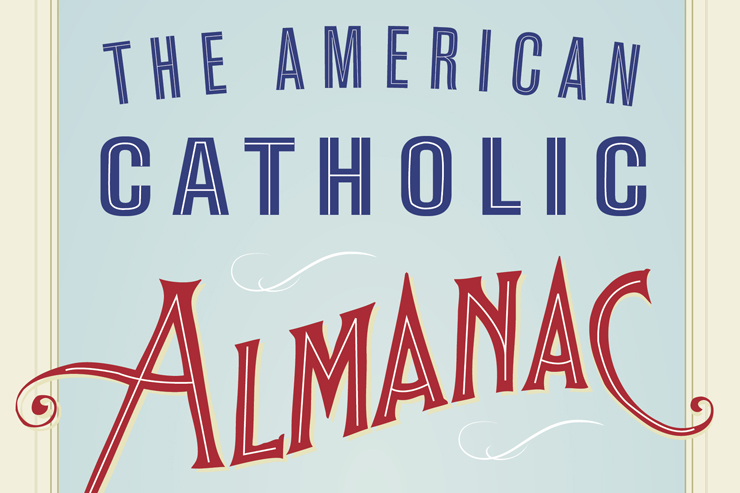 “I have cancer.”
“I have cancer.”
Steven and I were pouring ourselves a coffee during a break at work over a year ago when he told me his news. The words chilled the air of an already cold winter day and broke the silence of the morning routine. The calm with which he told me about his cancer, while stirring his coffee, reminded me of that first day on the job when we met only a few months earlier. That was his nature – confident and steady.
He told me that he was all set to begin his chemo and that he would get through it, “After all, look at me, a few tumors can’t take me down.” Steven was big and burly – an otherwise healthy 47 year-old.
“Steven died today.”
These words came just 9 months after he was diagnosed. I also learned that he had traveled to see his mother and died in her arms in hospice care. Such sadness… grief overcame our office and the finality was hard to handle. At the same time though, a kind of relief was experienced by those who worked most closely with Steven. They had witnessed, first-hand, the cancer ravage his body, taking away his ability to walk, causing him to lose weight and experience painful breathing. At the end, Steven looked old and tired; different from the man I had met. And now that he was gone, I worried about his soul. Why had I not thought of this earlier?
So I asked those gathered around the office, “What religion did Steven practice? Does anyone know his faith?” Bob, a co-worker, answered, “None really… well, none that he ever mentioned to me.”
We learned that Steven apparently never chose a religion and had shared that he simply did not know what to believe, but towards the end, he became curious and asked his Muslim partner, Fairuzah, about God and how his life would be evaluated. “I think I am a good person,” Steven told her. She offered him a soft shoulder and comforting words.
The conversation struck me hard. Here I was, a Catholic, and I had never spoken to Steven about the one thing most important in life. That we are told so often that the office is not the place for religious conversation is no excuse.
Suddenly, David, another co-worker who is Baptist said, “Did she save him? I bet she didn’t. If Muslims are going to hell, how can they lead anyone to Heaven?” David’s comments further upset me and I countered, “How do you know the destiny of anyone of us after we die?”
Now David and I shared a conversation that I should have had with Steven long before.
Of course David was convinced that only a personal acceptance of Jesus Christ as Lord and Savior, a one-time event, could have saved Steven.
I argued, from Scripture – our common ground – that salvation, a gift given us from God that we cannot merit, is a process that begins with Baptism and continues as we “work out our salvation in fear and trembling”, living the sacramental life of the Church in faith and performing by grace those “works prepared for us beforehand” by God.
It was a good conversation shared in charity. David even came to believe many of the arguments I made from Scripture, but he was unable to accept that the Church has authority to teach, above his own.
All Christians have a grave responsibility to share their faith. God places people in our paths. Was Steven someone the Lord had placed in mine? I drove home that day with a knot in my gut knowing that I had failed Steven when he was alive. Jesus Christ is “the way, the truth and the life” and I knew it. I knew of His Church and I had failed to share the Gospel with Steven.
But we also believe that it is never too late to pray for someone – God is outside time. I could pray that at least before the moment of death, Steven had come to know Jesus with a saving faith. And I could pray for him, that if he were in Purgatory, that my small prayers would assist him as God draws him closer to Himself.
This, I pray, is a turning point for me. St. Paul and St. Peter teach us many important things in their epistles, but these two I am now more aware of.
“So then, my beloved, obedient as you have always been, not only when I am present but all the more now when I am absent, work out your salvation with fear and trembling.” (Philippians 2:12)
“Always be ready to give an explanation to anyone who asks you for a reason for your hope…” (1 Peter 3:15)
Would you offer a prayer today for “Steven”?
Please help us in our mission to assist readers to integrate their Catholic faith, family and work. Share this article with your family and friends via email and social media. We value your comments and encourage you to leave your thoughts below. Thank you! – The Editors













